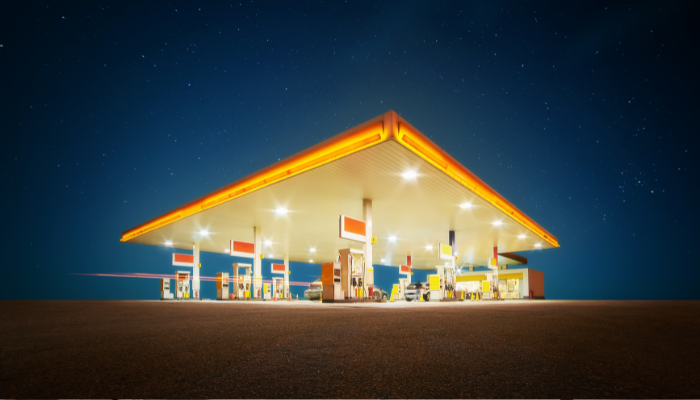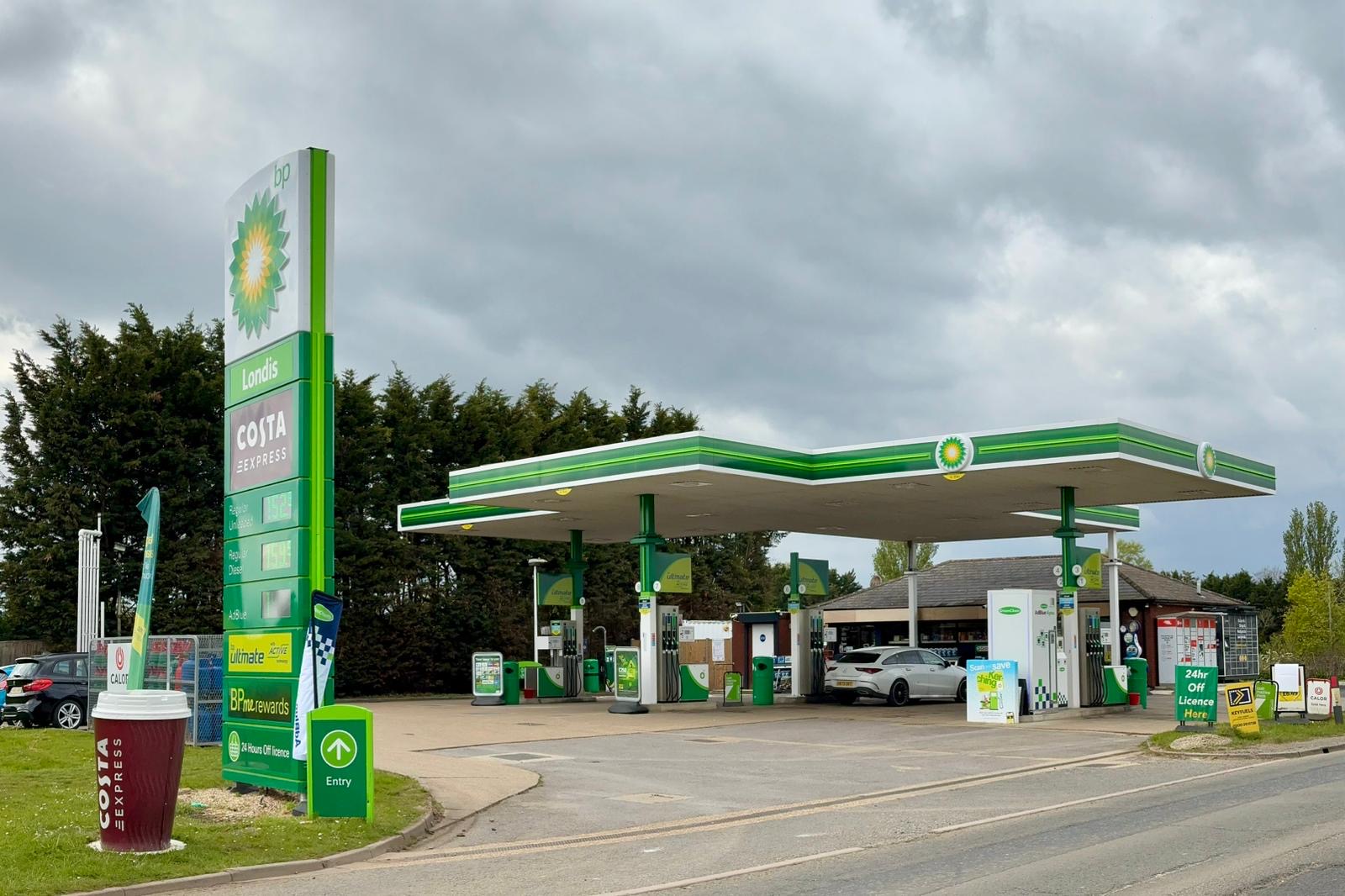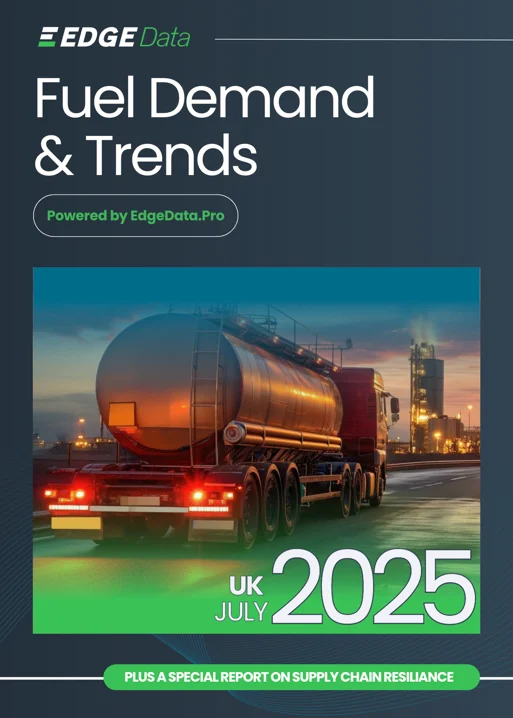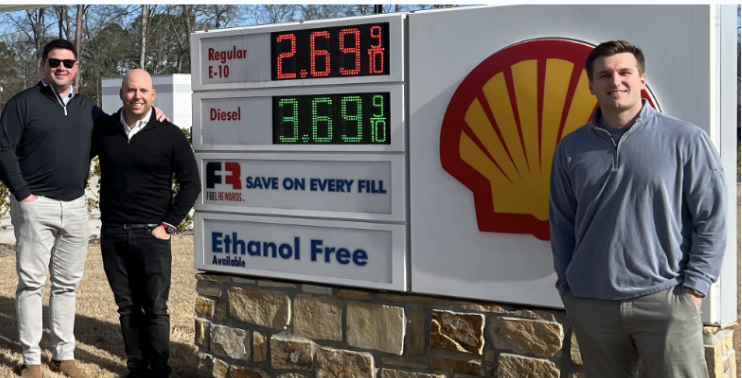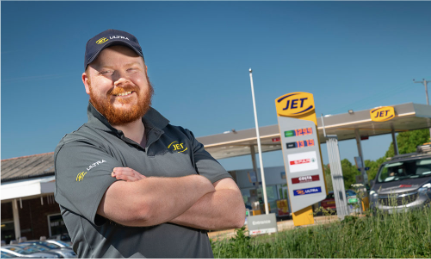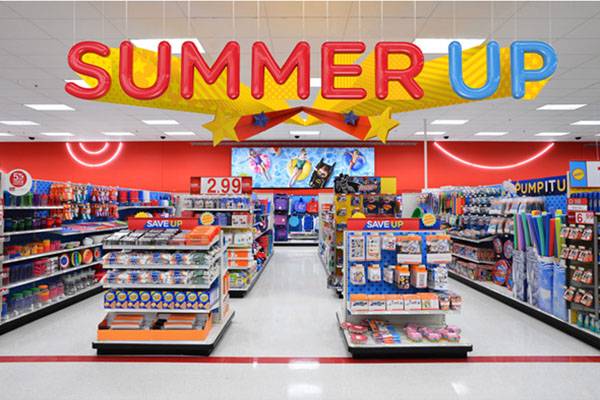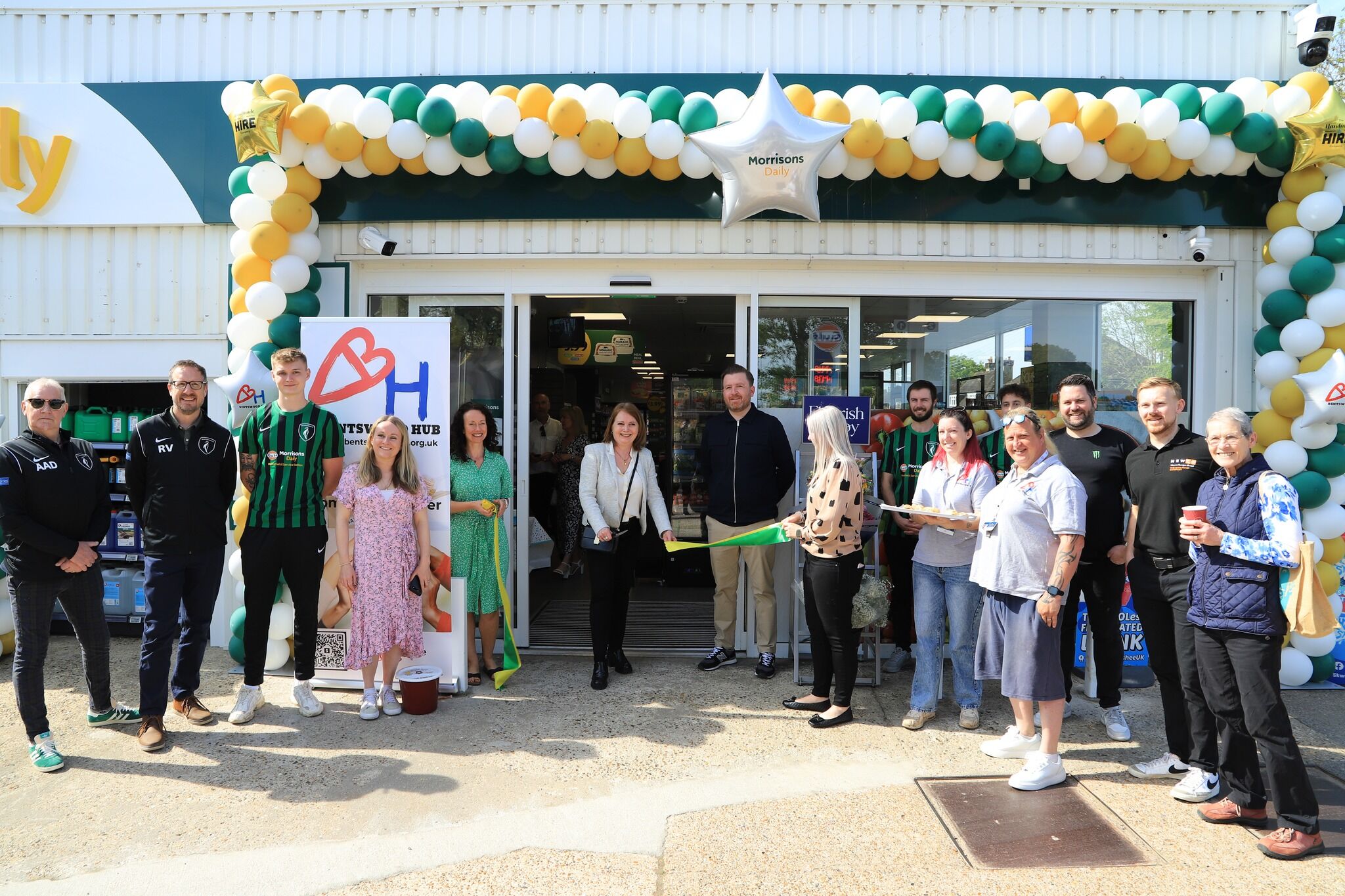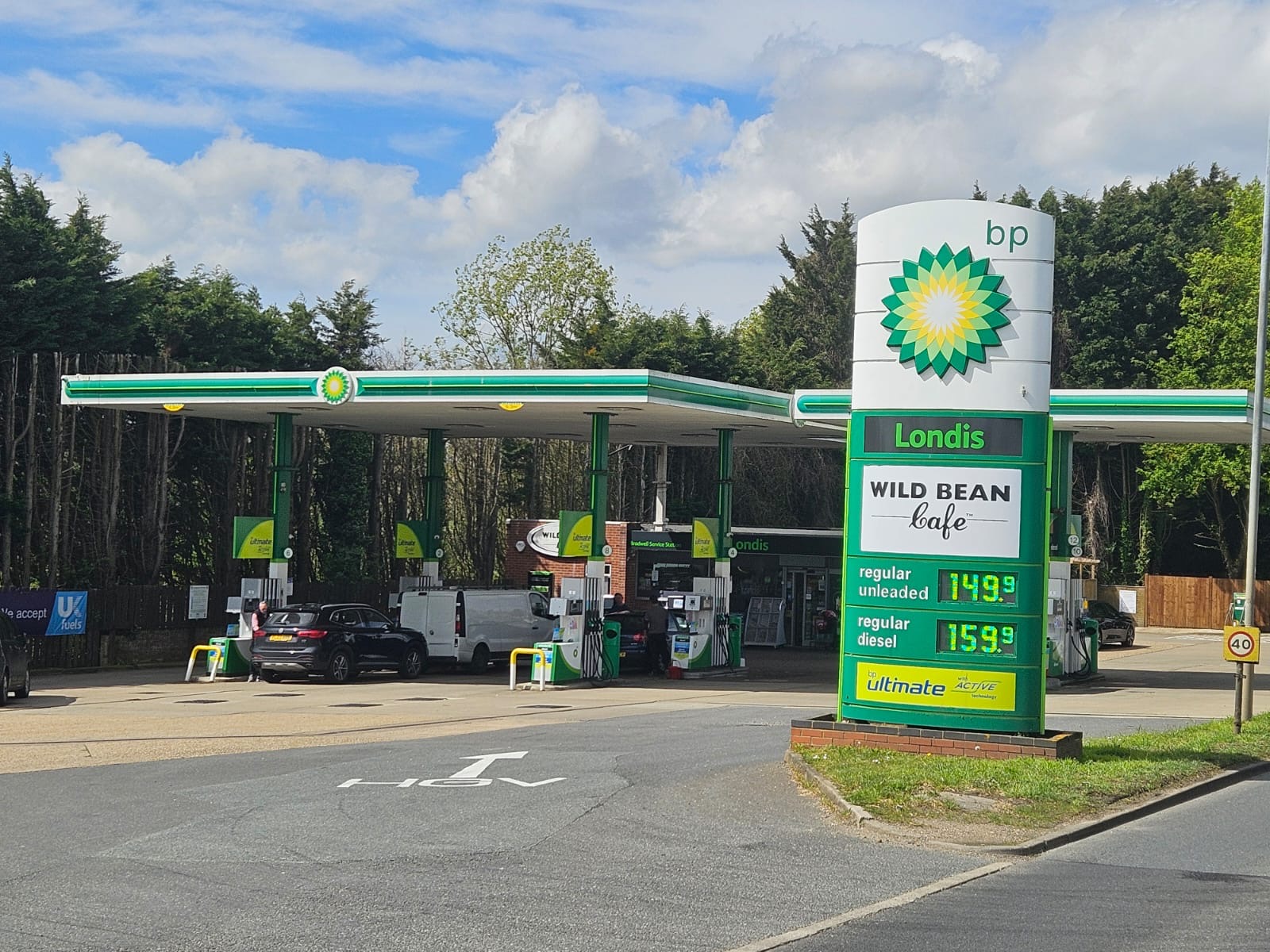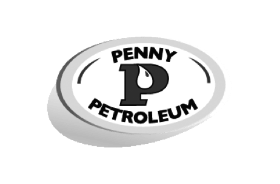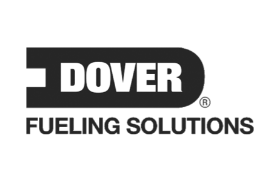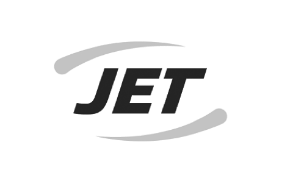There are many ways to run fuel businesses.
First things first. Running a fuel operation is a full time job. You have to make sure your tanks always have fuel to sell. You have to make sure that fuel sells. And you have to make sure that fuel sells at a margin that allows you to run the rest of your business, whatever that might be.
The ‘standard’ fuel operation covers more than just fuel though. For example, over 7,500 of the UK’s approximately 8.250 stations have a shop of some description on the site. This is one of the reasons that station owners and operators are known as retailers rather than oil traders; they run shops, too.
 Within these shops is another full time job. Looking after staff, keeping the shelves stocked, reconciling that stock, serving the customers who come into the store and of course keeping them safe and happy during their buying experience. There are other facilities to consider too, if you offer them.
Within these shops is another full time job. Looking after staff, keeping the shelves stocked, reconciling that stock, serving the customers who come into the store and of course keeping them safe and happy during their buying experience. There are other facilities to consider too, if you offer them.
This is where the commission operator comes in. Many fuel companies (oil company and retailer) have opted to- in one way or another- outsource the additional work that comes with running a convenience store and focus on the fuel side of the business. This can come in one of many formats:
- Landowners / leaseholders who rent the shop to another separate business
- Landowners who lease the land to the shop owner but run the fuel side
- Fuel operations who ‘rent’ or operate the fuel business off the landowner (who runs the shop)
Am I forgetting one? Probably.
Whether you choose to operate the shop yourself or focus just on fuel, there are unique decisions and challenges that come with both. So, how do you make that decision and what are the benefits and problems that come with each?
Operating your own stores
Benefits:
- Taking all the profit from higher margin items inside the store.
- Deciding what goods are sold in-store to drive traffic to the site.
- More control over customer experience.
- Higher EBITDA, especially if you have the freehold or the leasehold on the land.
Challenges:
- Additional staff costs. If you have 100 stations you might have over 1000 staff on your payroll. This is a lot of work.
- Typically, in-store roles have a high turnover of staff.
- Stock and inventory checks and balances.
- Managing pricing across thousands of product lines, instead of just a handful with fuel.
Commissioning (aka consigning or licensing) model
Benefits:
- Ability to focus on doing one thing (fuel) well.
- Lower costs of running the shop.
- Less staff on payroll and less HR issues (staff churn etc.).
- If you lack experience with convenience you will run a better overall site by having someone who understands that business.
Challenges:
- Finding the right person / company to take charge of the shop.
- Changing the fuel price. The shop operators will often want cheap fuel on the pole sign, meaning that they’ll put the price down quickly but up slowly.
- Missing out on additional profit from in-store sales.
- Minimal ability to decide on shop-offer differentiators that can drive additional volume to your station.
- Potentially less control over the equipment- and therefore the data flow- from the stores. This leads to less visibility of what is happening on site.
In conclusion, what you choose depends on your strengths and weaknesses. Are you a fuel company, a retailer or both?
Whichever it is, make sure you consider the above before making a decision.

